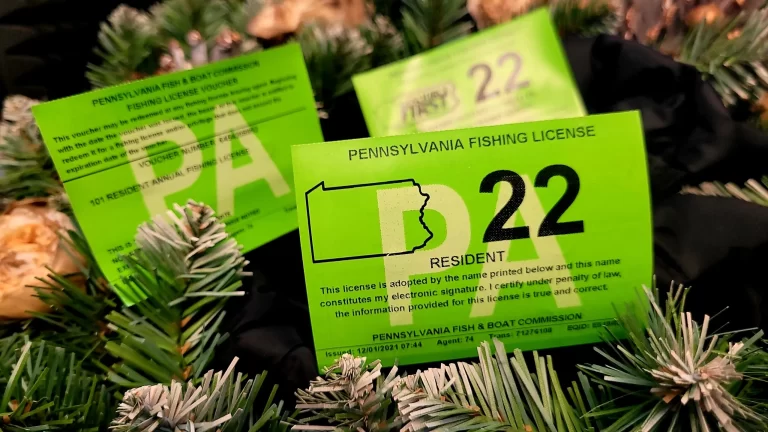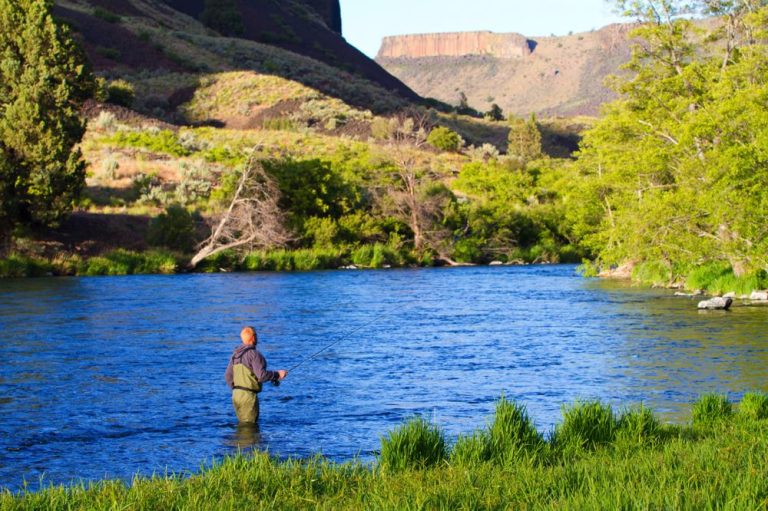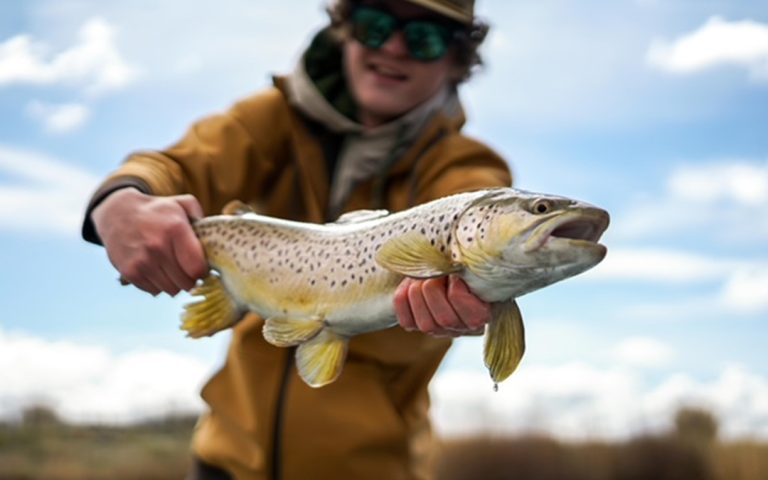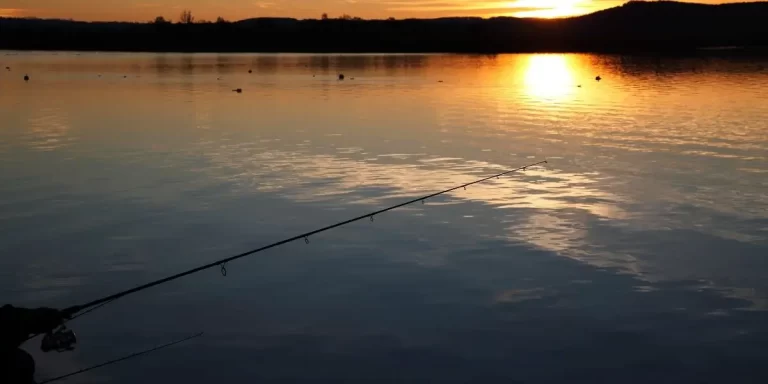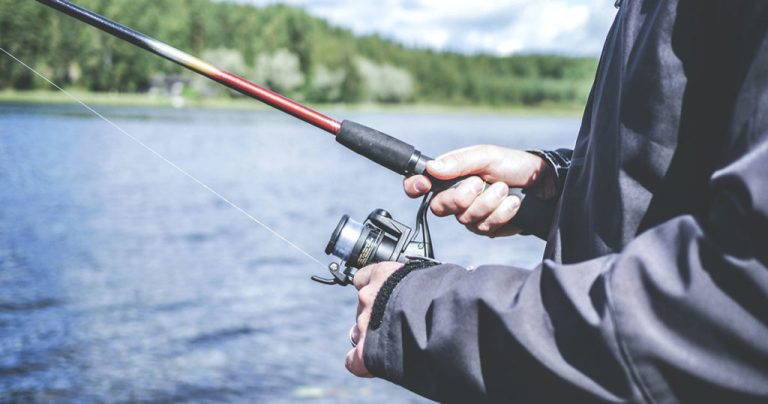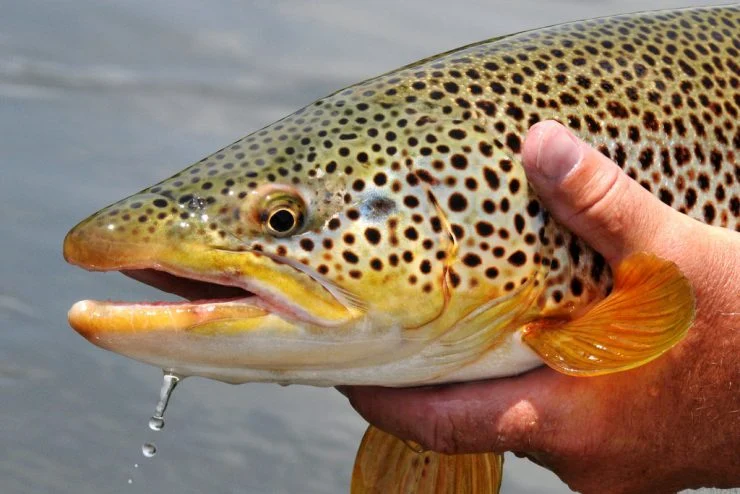Fishing is a beloved pastime in Indiana, with its abundance of lakes, rivers, and streams teeming with a variety of fish species. However, before you can cast your line, it’s essential to understand the state’s fishing license requirements. While most anglers need a valid license, there are several exemptions that allow certain individuals to fish without one.
In this comprehensive guide, we’ll explore who doesn’t need a fishing license in Indiana and provide you with all the necessary information to ensure you’re fishing legally and responsibly.
Complete List of Fishing License Exemptions in Indiana
Indiana offers several exemptions to its fishing license requirements, making the sport more accessible and inclusive for various groups. Here’s a detailed list of who doesn’t need a fishing license in the state:
Age-Based Exemptions
Children under 18: In Indiana, children under the age of 18 are exempt from needing a fishing license when fishing on public or private waters. This exemption encourages families to introduce their children to the joys of fishing and instill a love for the outdoors from an early age.
Seniors over 64: Residents of Indiana who are 64 years of age or older are exempt from needing a fishing license when fishing in public waters within the state. However, they may need to purchase a trout/salmon stamp or other endorsements depending on the type of fishing they plan to do.
Disability Exemptions
Disabled Veterans: Veterans with a service-connected disability of 60% or more are exempt from needing a fishing license in Indiana. They must carry proof of their disability rating when fishing. This exemption is a small token of appreciation for the sacrifices made by our nation’s heroes.
Blind Residents: Legally blind residents of Indiana are exempt from needing a fishing license when fishing in public waters within the state. They may need to provide proof of their disability if asked. This exemption promotes inclusivity and ensures that all Hoosiers can enjoy the therapeutic benefits of fishing.
Landowner Exemptions
Fishing on Own Land: Residents of Indiana are exempt from needing a fishing license when fishing on land they own or land attached to their residence, as long as the land is entirely surrounded by their property. This exemption does not apply to fishing in public waters. It encourages private landowners to maintain and protect bodies of water on their property, contributing to the overall health of aquatic ecosystems.
Other Exemptions
- Native American Tribes: Members of certain Native American tribes with treaty rights are exempt from needing a fishing license when fishing on tribal lands or waters covered by the treaty.
- Military Personnel: Active-duty military personnel stationed in Indiana are exempt from needing a fishing license when fishing in public waters within the state. They must carry their military ID as proof.
- State-Owned Facilities: Residents of state-owned mental rehabilitation and licensed healthcare facilities are exempt from needing a fishing license during supervised activities.
- Private Ponds: If you’re fishing on private property where the fish cannot mingle with public waters, you’re exempt from needing a license. However, it’s essential to obtain permission from the pond’s owners before fishing.
Understanding the Rationale Behind Exemptions
While fishing licenses are crucial for funding conservation efforts and managing fish populations, certain exemptions are in place to strike a balance and promote responsible fishing practices. Additionally, these exemptions aim to make fishing more accessible and inclusive for all residents of Indiana.
Supporting Conservation Efforts
The landowner exemption encourages private landowners to maintain and protect bodies of water on their property, contributing to the overall health of aquatic ecosystems.
Promoting Accessibility and Inclusivity
Exemptions for disabled individuals, seniors, and children aim to make fishing more accessible and inclusive for all residents of Indiana. By removing barriers and encouraging participation, these exemptions help foster a love for the outdoors and promote a deeper appreciation for the state’s natural resources.
License Types, Costs, and Where to Purchase
If you don’t fall under any of the exemptions mentioned above, you’ll need to obtain a valid fishing license in Indiana. Here’s a breakdown of the different license types, costs, and where you can purchase them:
Freshwater Fishing Licenses
- Annual Resident License: $23 for residents of Indiana.
- Annual Non-Resident License: $60 for non-residents.
- 7-Day Non-Resident License: $20 for non-residents.
Saltwater Fishing Licenses
Indiana does not have any saltwater fishing opportunities, as it is a landlocked state. However, anglers planning to fish in saltwater environments in other states or countries will need to obtain the appropriate licenses and permits for those locations.
Resident vs. Non-Resident Licenses
The cost of fishing licenses in Indiana varies based on residency status. Residents are individuals who have maintained a permanent home in Indiana for at least 60 consecutive days before purchasing a license. Non-residents are those who do not meet this criteria.
Online and In-Person Purchase Options
Anglers in Indiana can purchase their fishing licenses online through the Indiana Department of Natural Resources website or by visiting one of the many authorized retailers across the state, such as sporting goods stores, bait shops, and some convenience stores.
Additional Requirements
Depending on where you choose to fish and the species you target, you might also need to purchase additional stamps or endorsements. These requirements apply to both residents and non-residents, with the prices remaining the same.
- Trout/Salmon Stamp: If you plan to target trout or salmon in Indiana’s waters, you’ll need to purchase a Trout/Salmon Stamp in addition to your fishing license. The cost of this stamp is $11 for both residents and non-residents.
- Inland Trout Stamp: For those fishing for trout in inland waters, an Inland Trout Stamp is required. The cost is $11 for both residents and non-residents.
- Lake Michigan Salmon Stamp: Anglers targeting salmon in Lake Michigan will need to purchase a Lake Michigan Salmon Stamp, also priced at $11 for residents and non-residents.
- Resident Super Senior Stamps: Residents aged 64 and older can purchase the Resident Super Senior Inland Trout Stamp or the Resident Super Senior Lake Michigan Salmon Stamp at a discounted rate of $0.50 each.
It’s important to note that individuals who are exempt from needing a fishing license, such as children under 18 or disabled residents, are also exempt from purchasing these additional stamps.
Conclusion
Understanding Indiana’s fishing license exemptions is crucial for ensuring that you fish legally and responsibly. By familiarizing yourself with the various exemptions and requirements, you can enjoy the state’s abundant fishing opportunities without any legal concerns. Whether you’re a resident or a visitor, Indiana’s fishing regulations are designed to promote conservation, accessibility, and inclusivity, ensuring that everyone can experience the joy of fishing.
If you found this guide helpful, please consider sharing it with your fellow anglers or on social media platforms. Together, we can ensure that everyone has access to the information they need to enjoy fishing responsibly and legally in Indiana.
